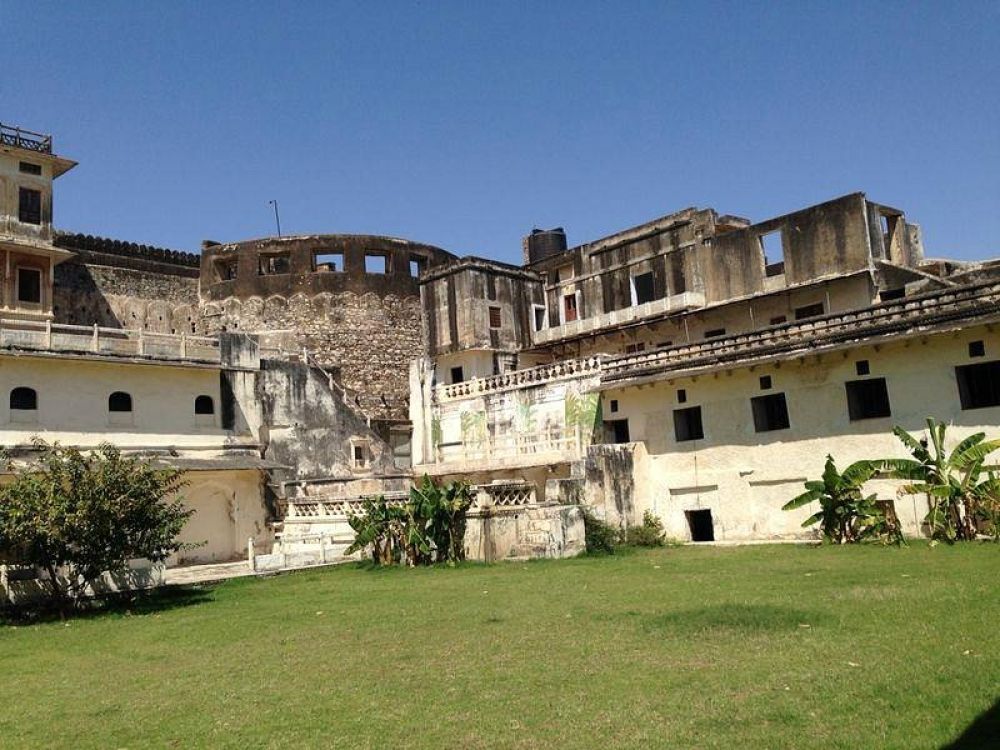

The history of tourism around Kishangarh Fort in Ajmer, Rajasthan, is deeply intertwined with the fort's rich cultural and architectural heritage. Built in the 17th century by Maharaja Roop Singh of Kishangarh, the fort stands as a testament to the grandeur of Rajputana architecture and the region's storied past. The fort, with its robust structure and intricate designs, has been a beacon for history enthusiasts, art lovers, and travelers from around the world.
The allure of Kishangarh Fort can be attributed to its storied history, which includes tales of royal splendor, strategic battles, and a thriving arts culture – particularly the Kishangarh style of paintings, famous for the depiction of the courtesan Bani Thani. As global interest in India's diverse cultural tapestry rose, Kishangarh Fort emerged as a prominent destination for tourists seeking to immerse themselves in the country's royal heritage.
The unique appeal of the Kishangarh Fort is enhanced by the city of Kishangarh, often referred to as the marble city of India. Its rich tradition in arts has attracted art aficionados, paving the way for a thriving tourism sector focused on culture and history. The fort itself houses an extraordinary collection of Kishangarh paintings and artifacts, creating a link between the past and the present, and drawing a significant number of art-lovers every year.
In recent times, sustainable tourism practices have been adopted to preserve the fort's integrity. Efforts are made to involve the local community in tourism-related activities, thus ensuring that the benefits of tourism are distributed equitably. This shift towards sustainable tourism practices has not only helped in the fort's upkeep but also provided visitors with a more authentic and engaging experience.
The latest trend in the tourism industry around Kishangarh Fort is the rise of experiential travel. Tourists are now looking for more than just sights; they seek experiences that enable them to live as locals do. Homestays, local cuisine tasting, and participation in cultural festivals have all gained popularity. Experiential travel has thus become a significant part of the tourism offerings in and around Kishangarh.
Another trend is the increased use of digital platforms for promoting tourism. Potential visitors can take virtual tours of the fort and its surroundings, making it easier to plan their trip. The use of social media marketing and virtual reality has made Kishangarh Fort more accessible to the younger, tech-savvy generation, expanding the tourist demographic considerably.
Kishangarh Fort remains one of Rajasthan's hidden gems. Its historical significance, combined with its cultural richness, offers a unique experience to visitors. As tourism trends evolve and the fort adapts to the new challenges, it continues to capture the imaginations of travelers worldwide and remains a must-visit destination for anyone interested in the glorious past of India's Rajput kingdoms.